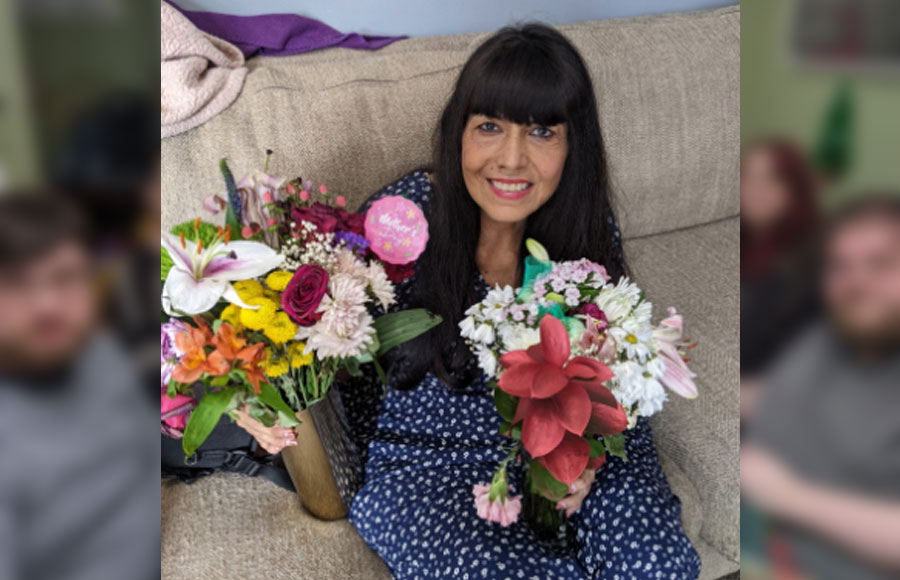
LEVITTOWN, N.Y. – A Levittown woman has spent the past decade on a kidney transplant waiting list and recently launched a public campaign in hopes of finding a living donor. The mother of six began seeking a transplant approximately ten years ago and remains on the active list today.
To increase her chances, she has distributed flyers and shared information across social media platforms and local networks in and around Levittown. The campaign encourages family, friends, and community members to consider live, paired, or altruistic donation options that could potentially help her move up the list.
Living kidney donors can sometimes bypass compatibility barriers through “paired exchange” programs like the National Kidney Registry, which match donors and recipients across multiple pairs, a viable path for patients stuck waiting for compatible organs.
A living donor transplant offers significant advantages: shorter recovery time, longer-lasting grafts, and the elimination of time spent on dialysis. Despite these benefits, fewer than 6,000 living donor kidney transplants occur annually in the U.S., underscoring the shortage of available donors .
Advocates note that public awareness campaigns like this one can help change outcomes. But some experts stress that potential donors must undergo a rigorous screening process, including health evaluations and psychological assessments, to ensure safety for both donor and recipient.
How You Can Help
- Individuals considering kidney donation can begin by contacting their healthcare provider or local transplant center.
- The National Kidney Registry (NKR) offers a pathway for incompatible donors through paired exchanges and voucher programs, and can be contacted online.
- Potential donors must meet specific criteria related to blood type, organ health, and overall fitness, meaning not everyone will qualify, but the registry’s programs can increase compatibility chances.
If you’re interested in supporting this Levittown mother’s search for a donor, please share her story within your networks and consider reaching out to transplant centers to learn more.
Top Questions About the Levittown Kidney Transplant Case
- How long has she been on the transplant waiting list?
She has been on the active kidney transplant list for approximately 10 years. - Why is it taking so long to receive a kidney?
A combination of factors such as blood type, health status, and availability of compatible donors can contribute to long wait times. The national shortage of organ donors also plays a major role. - What is a living kidney donor, and how does it help?
A living donor provides a kidney while still alive, typically a friend, family member, or even a stranger. This can significantly reduce wait times and increase transplant success rates. - What is a paired exchange or kidney swap?
It’s a program where incompatible donor-recipient pairs are matched with other pairs to find a compatible exchange. This increases the chances of finding a suitable match. - What are the risks for someone who donates a kidney?
Donors undergo extensive medical evaluations. While the surgery is generally safe, it’s still a major procedure with potential complications and requires recovery time. - Is the mother on dialysis?
While not explicitly confirmed in public records, patients with end-stage kidney disease typically require dialysis if they haven’t yet received a transplant. - How can someone find out if they are a match to donate?
Potential donors can begin with a blood test and screening at a transplant center. They’ll then go through further testing to determine compatibility. - Where can people sign up or learn more about becoming a donor?
The National Kidney Registry (www.kidneyregistry.org), local hospitals, and transplant centers can provide information and start the evaluation process for prospective donors.


